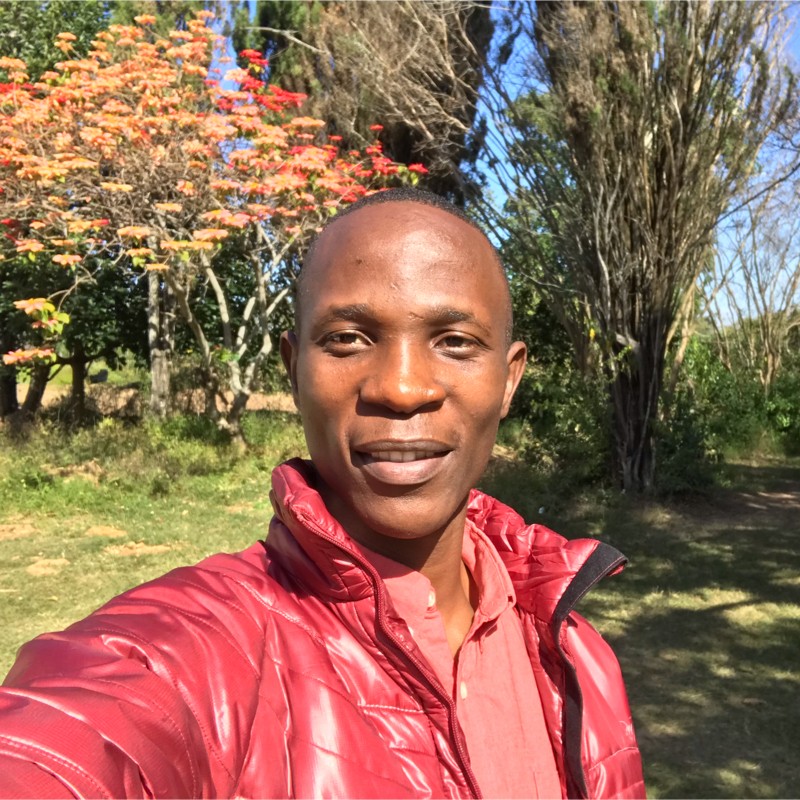By Beaven Dhliwayo
THE Disaster and Environmental Management Trust (DEMT) says meaningful community engagement is critical to improve the reach and sustainability of Tuberculosis (TB) services and accelerate progress towards ending TB by 2030.
This comes as TB remains one of the leading causes of death in Zimbabwe. The African region has the second-highest tuberculosis burden worldwide, after Southeast Asia. Under the WHO End Tuberculosis Strategy, countries are aiming to reduce tuberculosis cases by 80 percent and deaths by 90 percent by 2030.
About one-third of people who develop tuberculosis (TB) globally do not have access to health facilities
Speaking to the Daily News, DEMT Head of Programmes, Romeo Chingezi said they have successfully trained 150 village health workers in Mutoko and Mudzi districts over the years, with the support from the Stop TB Partnership and UNOPS, a move that has helped to screen high risk clinical groups for TB.
“Mudzi is one of Zimbabwe’s gold mining district with an estimate of over 5 000 artisanal gold miners in the Makaha area. Lengthy exposure to silica dust and a lack of protective gear, places Artisanal Small-Scale Miners at greater risk of Tuberculosis (TB) infection compared to other population groups,” said Chingezi.
“Even though there have been continuous efforts to reach artisanal miners with TB services, they remain an elusive population group as they are constantly on the move and they alter identities along the way.
“For instance, in a week, artisanal miners can change phone numbers three times or more. At times they even remove the sim card and throw it away. This at times is the same number they would have given the nurse prior to the incident. When we start phoning that line, it will no longer reachable and their where about will be unknown.
“However, we are continuing TB screening among miners with the assistance of the 150 health workers we have trained. We hope the program will be rolled out to other mining towns. “Through meaningful community involvement the organisation hopes to contribute towards closing the 28 percent TB case detection gap in Zimbabwe,” said Chingezi.
He said the trained village health workers, were also going to monitor the availability and accessibility of TB services at rural health facilities in their areas, documenting gaps and discrepancies against government standards and advice service providers for informed decision making.
“Through our health workers we want to nurture a powerful collaboration mechanism to mainstream civil society and affected communities’ voices into decision making, policy, programmes and activities at global, regional and country levels.
“The group is at the forefront of coordinated stakeholder efforts to formalize mechanisms of civil society engagement in multisectoral action, amplify voices of TB survivors, advocate for increases in domestic funding, sharpen focus on the vulnerable populations, engage in TB research, and identifying social, legal and gender barriers to care and defining solutions,” he said.
Chingezi stressed that Government at the upcoming UN High Level Meeting on TB (UNHLM 2023) should endorse a bold political declaration, and commit to invest in ensuring appropriate numbers and distribution of trained human resources for health, across the cascade of TB care, contact investigation and prevention, including community health workers, nurses, doctors, social workers, laboratory technicians, radiologists and pharmacists.
“Government should ensure universal access to the best available effective, evidence-based and quality interventions and tools as per the latest international guidelines.
“There is need to eliminate TB-related stigma through funding, implementing and monitoring stigma reduction plans based on measuring stigma and discrimination (including self-stigma, stigma in communities and stigma in health care settings), as part of the national CRG Action Plans, including relating to discriminatory laws and policies,” added Chingezi.
